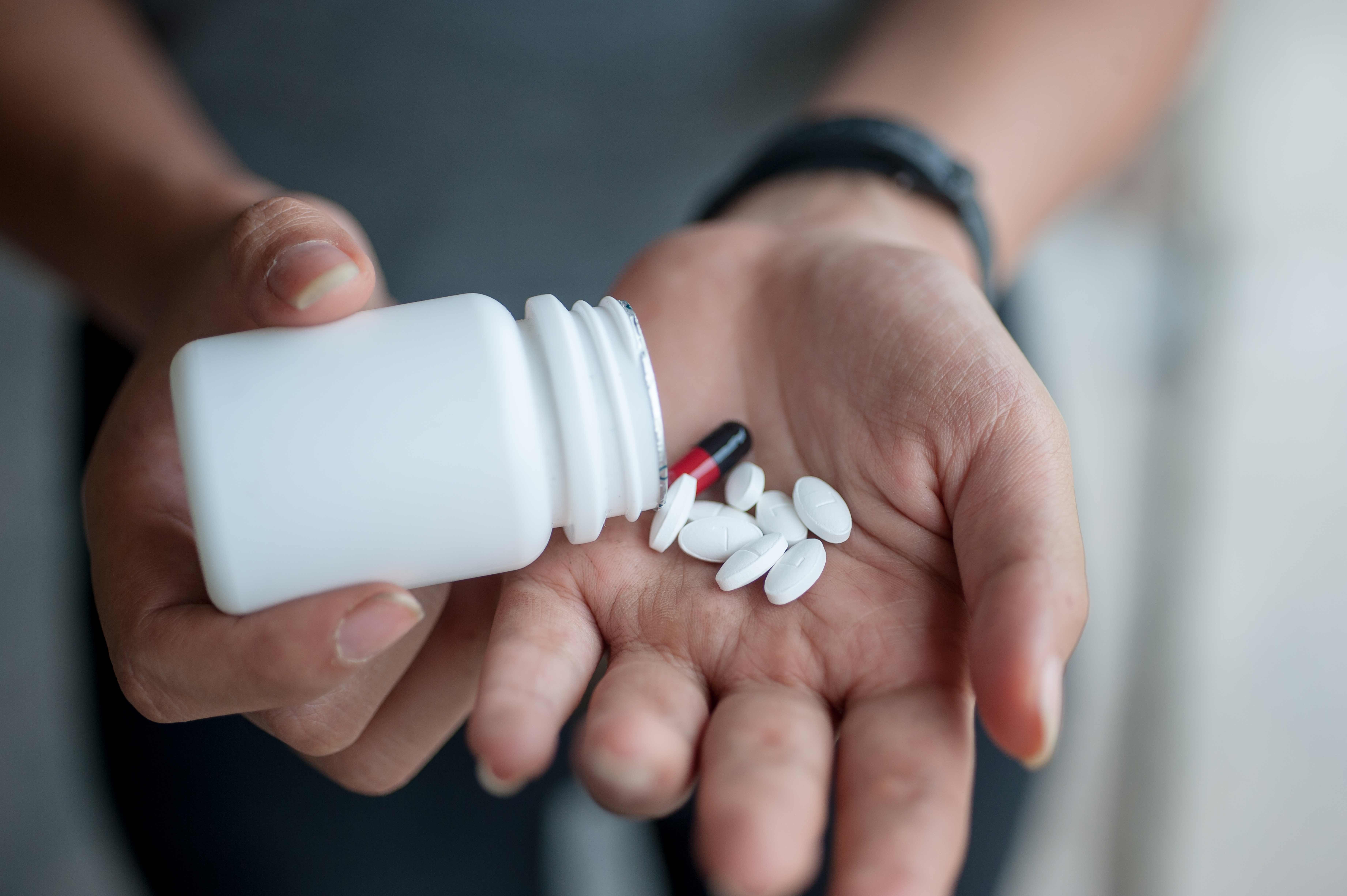Substance Abuse Therapy in Gaithersburg

What is addiction?
Addiction is a brain disorder characterized by compulsive engagement in rewarding stimuli despite adverse consequences. People can develop an addiction to alcohol, marijuana, LSD, inhalants, opioid painkillers, sedatives, cocaine and tobacco, amongst others. Addiction exerts a long and powerful influence on the brain that manifests in three distinct ways. A craving for the object of addiction, loss of control over its use, and continuing involvement with it despite adverse consequences. If you are searching for Substance Abuse Therapy in Gaithersburg, MD contact us today.
What is a Substance Use Disorder?
Substance use disorder (SUD) is complex a condition in which there is an uncontrolled use of a substance despite harmful consequence. People with SUD have an intense focus on using a certain substance(s) such as alcohol, tobacco, or illicit drugs, to where the person’s ability to function in day-to-day life becomes impaired. People keep using the substance even when they know it is causing or will cause problems. The most severe SUDs are sometimes called addictions.
People with a substance use disorder may have distorted thinking and behaviors. Changes in the brain’s structure and function cause people to have intense cravings, changes in personality, abnormal movements, and other behaviors. Brain imaging studies show changes in the areas of the brain that relate to judgment, decision making, learning, memory, and behavioral control.
According to the National Institute on Drug Abuse, people take drugs for a variety of reasons, including:
- to feel good — feeling of pleasure, “high” or “intoxication”
- to feel better — relieve stress, forget problems, or feel numb
- to do better — improve performance or thinking
- curiosity and peer pressure or experimenting
Besides substances, people can also develop addiction to behaviors, such as gambling
Symptoms of substance use disorder are grouped into four categories:
- Impaired control: a craving or strong urge to use the substance; desire or failed attempts to cut down or control substance use
- Social problems: substance use causes failure to complete major tasks at work, school or home; social, work or leisure activities are given up or cut back because of substance use
- Risky use: substance is used in risky settings; continued use despite known problems
- Drug effects: tolerance (need for larger amounts to get the same effect); withdrawal symptoms (different for each substance)
Many people experience substance use disorder along with another psychiatric disorder. Often another psychiatric disorder precedes substance use disorder, or the use of a substance may trigger or worsen another psychiatric disorder.
Ready to Learn More About Substance Abuse Therapy in Gaithersburg, MD?
Call now to schedule your complimentary 15-minute initial consultation. Telehealth (online) therapy options are available.
